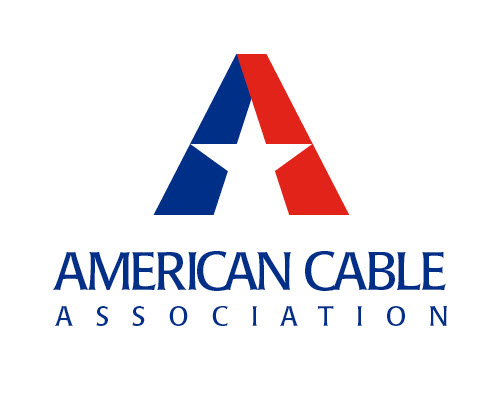ACA: FCC Must Protect C-Band Incumbents

The smarter way to stay on top of broadcasting and cable industry. Sign up below
You are now subscribed
Your newsletter sign-up was successful
The American Cable Association told the FCC this week that while it supports more efficient and flexible use of the C-band satellite spectrum, if the FCC does not protect incumbent users it could have an outsized effect on smaller operators in rural areas where fiber is not an option.
Cable networks use the band to deliver their programming to thousands of operators, who distribute it to millions of customers, but that could all be at risk, ACA told the FCC, if the commission combines a spectrum reallocation with a reduction in interference protections.
The FCC in July voted unanimously to find ways to open up the C-band spectrum (3.7-4.2 Ghz) for terrestrial wireless use, either all of the 500 Mhz or some portion of it, and through either an incentive or capacity auction, a market mechanism where incumbents voluntarily strike deals to reduce their footprint, or some other means.
Related: C-band Alliance Pushes Marketplace Solution
The C-band is currently used for satellite delivery of programming to TV and radio stations, satellite radio services, and cable head-ends. The FCC wants to open it up to wireless broadband to help close the digital divide and promote 5G, both prime directives for the commission.
ACA painted a picture of potential economic devastation: "Under the worst-case scenario, the MVPD and video programming industries would be uprooted and forced to migrate to new modes of delivery at a cost that would run into the billions, if not tens of billions, of dollars. Ejecting or diminishing video backhaul from the C-Band would also deal a serious blow to the cause of advanced television, at a time when the bandwidth requirements for the delivery of programming are on the cusp of a steep increase."
ACA recommended the following steps for the FCC to take as it considers its framework for flexible use, including compensating operators for increased backhaul costs: "1) Refraining from "sandwiching' satellite backhauls between two potential incompatible uses; appointing an independent engineering expert to assess questions presented by out-of-band emissions from 5G and in-band sharing with Fixed Service, in recognition that the two main C-Band satellite licensees have a legitimate interest both in protecting satellite service and in 'monetizing' the spectrum for 5G; 2) Exploring the use of incentive auctions, if the FCC decides to reallocate the lower end of the spectrum; and 3) Compensating not only satellite companies for any reallocation but also users of the C-Band, including for costs associated with higher backhaul prices as well as harm to rural distributors' ability to compete."
The smarter way to stay on top of broadcasting and cable industry. Sign up below
Contributing editor John Eggerton has been an editor and/or writer on media regulation, legislation and policy for over four decades, including covering the FCC, FTC, Congress, the major media trade associations, and the federal courts. In addition to Multichannel News and Broadcasting + Cable, his work has appeared in Radio World, TV Technology, TV Fax, This Week in Consumer Electronics, Variety and the Encyclopedia Britannica.

